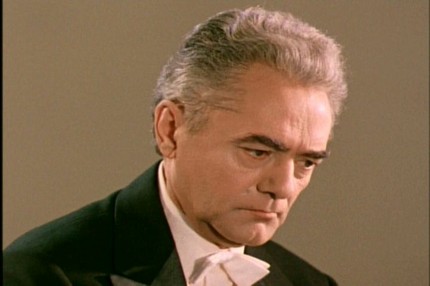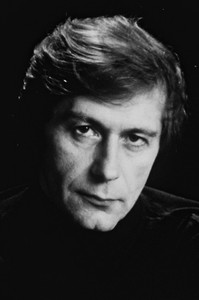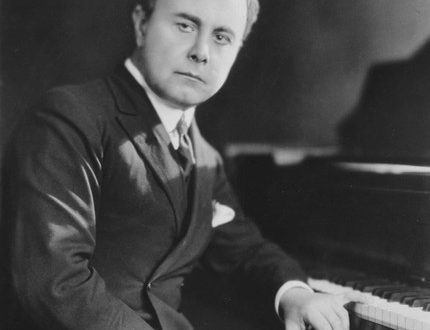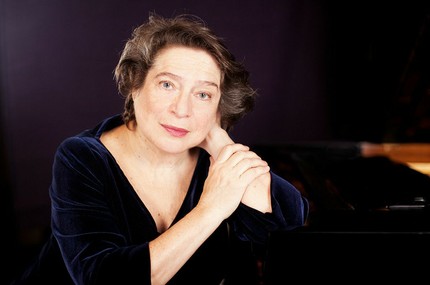
Anatoly Ivanovich Vedernikov (Anatoly Vedernikov) |
Anatoly Vedernikov

This artist is often called an educator musician. And by right. Looking through the programs of his concerts, it is not difficult to single out a certain pattern: almost every one of them had a novelty – either a premiere or a renewal of an undeservedly forgotten composition. For example, while systematically addressing S. Prokofiev, the pianist also plays those works that relatively rarely appear on the concert stage, for example, the pieces “Thoughts”, the Fourth Concerto (for the first time in our country), his own arrangement of the Scherzo from the Fifth Symphony.
If we recall the premieres of Soviet piano literature, here we can name the sonatas by G. Ustvolskaya, N. Sidelnikov, “Seven Concert Pieces” by G. Sviridov, “The Hungarian Album” by G. Frid. “Anatoly Vedernikov,” emphasizes L. Polyakova, “is a thoughtful performer who loves Soviet music and knows how to get used to the world of its images.”
It was Vedernikov who introduced our audience to many examples of foreign music of the XNUMXth century – various works by P. Hindemith, A. Schoenberg, B. Bartok, K. Shimanovsky. B. Martin, P. Vladigerov. In the classical sphere, the artist’s primary attention is probably attracted by the works of Bach, Mozart, Schumann, Debussy.
Among the best achievements of the pianist is the interpretation of Bach’s music. The review of the Musical Life magazine says: “Anatoly Vedernikov boldly expands the timbre-dynamic arsenal of the piano, approaching either the evenly ringing sound of the harpsichord, or the multicolored organ, accommodating both the finest pianissimo and powerful forte … his playing is characterized by strict taste, lack of calculation to any outward showiness… Vedernikov’s interpretation emphasizes the wise enlightenment of Bach’s music and the severity of its style.” At the same time, he deliberately rarely plays the “usual” opuses of Chopin, Liszt, Rachmaninov. Such is the warehouse of his talent.
“The gifted musician Anatoly Vedernikov has a bright and original performing skill, excellent command of the instrument,” N. Peiko wrote. “The programs of his concerts, consistent in style, testify to a strict taste. Their goal is not to show the technical achievements of the performer, but to familiarize listeners with works that are relatively rarely performed on our concert stage.
Of course, not only cognitive moments attract Vedernikov’s concerts. In his playing, according to the critic Y. Olenev, “logicality, completeness and even some rationality of artistic ideas are organically combined with rare sound mastery, great pianistic freedom, universal technique and impeccable taste.” Added to this are the excellent ensemble qualities of the pianist. Many people remember the joint performances of Vedernikov and Richter, when they performed works by Bach, Chopin, Rachmaninov, Debussy and Bartok on two pianos. (Vedernikov, like Richter, studied at the Moscow Conservatory with G. G. Neuhaus and graduated from it in 1943). Later, in a duet with singer V. Ivanova, Vedernikov performed with a Bach program. The artist’s repertoire includes more than two dozen piano concertos.
For about 20 years, the pianist continued his pedagogical work at the Gnessin Institute, then at the Moscow Conservatory.
Grigoriev L., Platek Ya.





